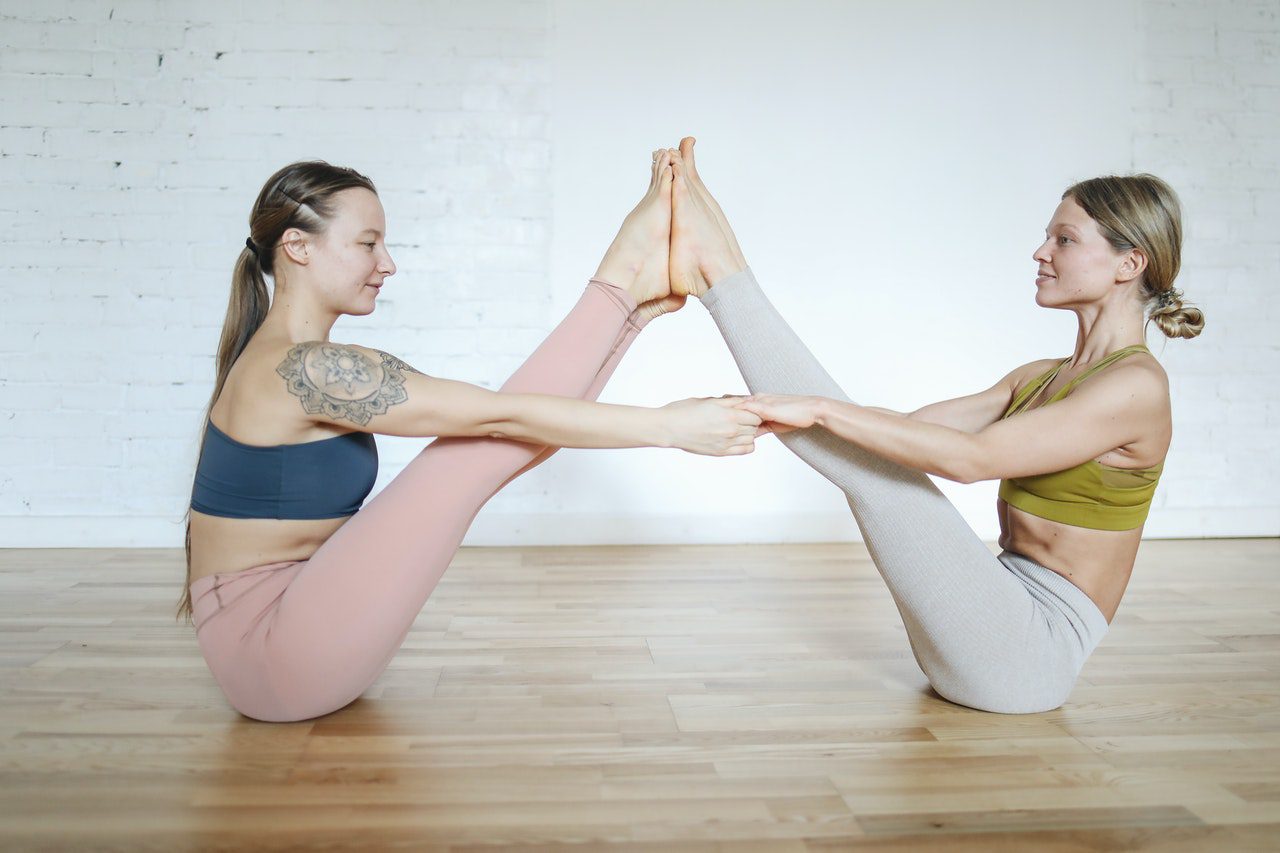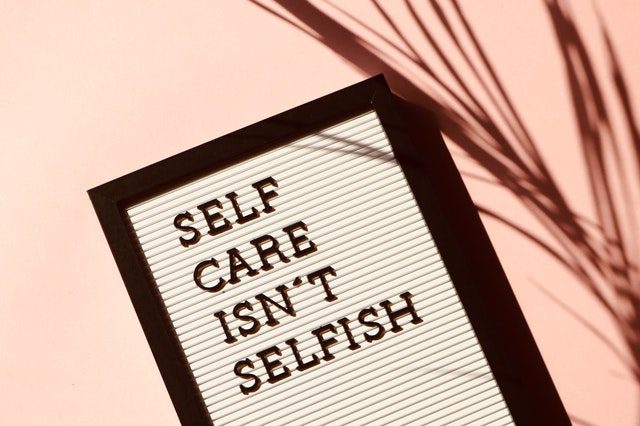Athletes and active individuals often want good results and therefore, a steady routine of exercise and games do not bother them.
However, these athletes require a regular routine to repair their bodies so that they can perform better.
Creating a restful post-game routine is good for recovery and ensures good performance in the long run. Heavy physical exercise and the use of different muscle sets mean high-pressure lifestyle.
All athletes and sports persons must read this to follow a good post-game routine for better recovery.
Prioritizing Rest and Recovery
Resting after a game is as important as performing well during the match. You may have heard coaches reiterate that sleep well before a match or a game can be good for athletes.
Similarly, after the game, it is essential to give your body enough time to give your muscles a break from the wear and tear.
Here are some ways to improve your wellbeing and performance by setting a few strategies and following them for full rest and recovery.
Strategies for Better Recovery
While the focus is often on pre-game warm-ups, a proper cool down is equally crucial for athlete recovery.
Here are essential post-game recovery techniques for all athletes:
Cool down and Breathing
After a game, make sure that you take some time for the body to cool down. Usually athletes sit down as their heartbeat is still high and their muscles are going through anaerobic metabolism.
Stretching is a great way to cool down while giving your muscles enough time to access oxygen.
Target major muscle groups like quadriceps, hips, hamstrings, and calves after a game to ensure full body resting state.
Moreover, engage in light breathing exercises to lower your heart rate and transition your body into a recovery state. Nasal breathing for four seconds in and eight seconds out is recommended.
After you finish a game of soccer, basketball or any other sport, get used to a routine of light exercise like aquatic exercise, yoga, or low-impact cardio to increase circulation and reduce muscle soreness.
Another factor to stress upon after a game is good hydration and nutrition. Muscles and nerves can strengthen and repair if you are taking enough fluids. Ensure adequate hydration to replenish fluids and electrolytes lost during the game.
Similarly, consume high-quality carbohydrates and protein to rebuild and repair muscles. Consider options like fruits, sandwiches, yogurt, or protein bars. All athletes must consult nutritionists and physicians to devise a workout and nutrition plan to improve health and stamina.
Athletes should aim for a snack or small meal within 30-60 minutes after the game for optimal recovery.
We cannot ignore sleep and its impact on physical recovery. All active individuals must prioritize sleep to allow their muscles to recover and repair. Ensure you get enough quality sleep to allow your body to rebuild as well.
We recommended consulting a physician and nutritionist because recovery needs vary among athletes. Some sports persons might be involved in low-impact exercises while others might have more rigorous sport’s needs.
Consult the coaching staff to develop a personalized recovery plan that suits your specific needs. By incorporating these essential recovery techniques into your routine, you can optimize your performance, reduce the risk of injuries, and promote long-term athletic success.
Self-Care is Crucial
Working long hours and squeezing time for rest has become common. Competition and the desire to do better on the field drive many athletes to spend more time working out than giving their body time to rest.
This routine is an unsustainable approach that can take a toll on your well-being and performance. Athletes must evaluate the necessity of long practices and reduce workload to focus on wellbeing, which can improve their performance.
For social interactions, meetings or public appearances, athletes must first take time to cool their bodies so that their muscles start the repair soon.
Moreover, mental satisfaction and relaxation add to physical performance and stamina. Amidst all the competition, public interactions and social meetings, ensure that you feel mentally relaxed and at ease so that your body does not get a surge of unwanted hormones that can cause fatigue.
Special Focus on the Mattress You Use
Individuals who have an active lifestyle, or athletes who require a lot of physical strength must focus on sleep, but their mattress should also support muscle repair.
Some of the best mattresses for athletes have features that encourage good posture, and make it easier for the body to relax and recover.
Memory foam and springs can be a good feature for athletes as they can feel the foam contour against their body. As every curve feels supported, the back and neck can relax, as the tense muscles become loose and free from burden.
A good mattress will keep your back, neck and legs supported, evening out the weight and giving a break to the spine. Legs, calves and feet can also relax if you have a supportive mattress.
Athletes generally prefer firmer mattresses to provide adequate support for their bodies and prevent sagging. If a mattress supports your spine’s natural alignment to prevent pain and discomfort, it is suitable for you.
Secondly, look for mattresses that alleviate pressure points, especially in areas like shoulders, hips, and lower back. After a game, your body is warm and even at rest, athletes tend to burn more calories, which makes their bodies warmer.
Choose a mattress with cooling features to prevent overheating. It is best to select materials that allow for proper airflow, such as breathable fabrics and open-cell foam. Invest in a well-made mattress that can withstand the demands of an active lifestyle.
Some Post-Game Tips
When you finish a game, try and take some time away from the limelight that follows a victory, or even defeat.
Spend time to improve your thoughts, and get some nutrition to keep you going. Relaxation and good sleep can work wonders if you are ready to prioritize yourself.
All athletes and sports figures should focus on their mental and physical repair to improve their performance on the field.





